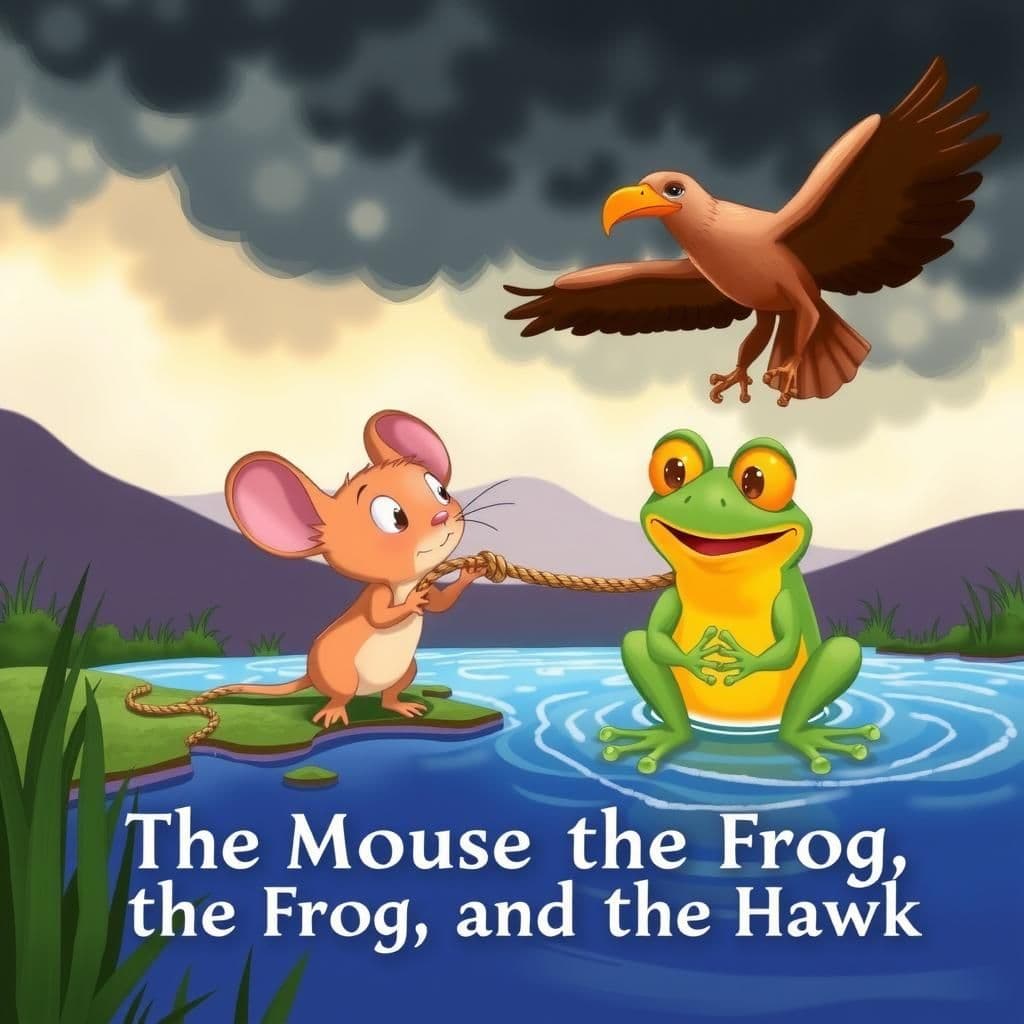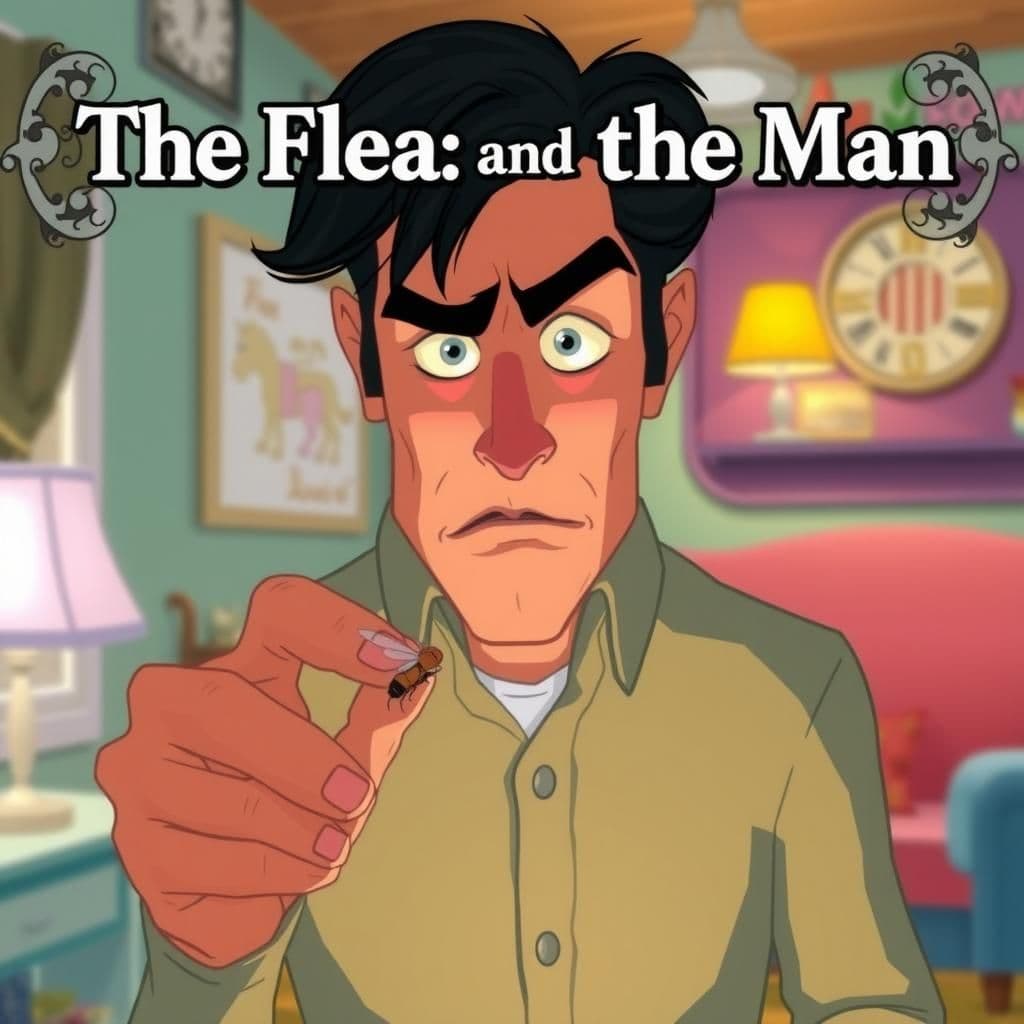The Man with No Enemies

Story Summary
In "The Man with No Enemies," an inoffensive person is brutally assaulted by a stranger, leading to a trial where he claims to have no enemies. The defendant argues that this lack of enemies was the very reason for the attack, prompting the judge to dismiss the case with a humorous yet moral lesson: a person without enemies cannot truly have friends, and thus should not seek justice in court. This short story serves as a thought-provoking moral lesson for students about the complexities of relationships and the nature of conflict.
Click to reveal the moral of the story
The absence of enemies often signifies the absence of meaningful relationships and authenticity in one's life.
Historical Context
This story reflects a moral and philosophical exploration of relationships and social dynamics, reminiscent of fables and parables found in various cultures. Its themes echo elements from ancient Greek literature, particularly the notion of "phobos" or fear of the unknown, and it can also be likened to the absurdist works of authors like Franz Kafka, where the justice system appears arbitrary and nonsensical. The narrative critiques societal norms, suggesting that the absence of conflict may render an individual unworthy of protection, thereby challenging the foundations of friendship and enmity.
Our Editors Opinion
This story highlights the importance of relationships and social connections in modern life, suggesting that those who lack meaningful ties may be vulnerable to harm or exploitation. For example, in a workplace setting, an employee who isolates themselves and builds no rapport with colleagues might find themselves targeted for unfair treatment, as their lack of alliances can leave them defenseless against workplace politics.
You May Also Like

The Mouse the Frog and the Hawk
In this short story with moral, a Mouse befriends a mischievous Frog who binds their feet together and drags the Mouse into the water, leading to its drowning. The Frog, reveling in the water, meets a grim fate when a Hawk captures both the dead Mouse and itself. This humorous story illustrates that those who cause harm to others may ultimately suffer consequences themselves, making it a fitting tale for students seeking moral lessons.

The Flea and the Man
In the well-known moral story "The Flea and the Man," a man, exasperated by a flea's incessant biting, captures it and confronts its plea for mercy. The flea argues that its harm is minimal, but the man, finding humor in the situation, decides to kill it, asserting that no wrongdoing, regardless of its size, should be tolerated. This short story with moral serves as a humorous reminder that even the smallest offenses deserve acknowledgment and action.

The Lion and the Dolphin
In this creative moral story, a lion and a dolphin form an alliance, believing their dominions over land and sea should unite them as friends. However, when the lion calls for help in a fight with a wild bull, the dolphin's natural limitations prevent him from assisting, leading the lion to accuse him of betrayal. The dolphin explains that his inability to help stems from the constraints of nature, illustrating a valuable moral lesson about understanding and accepting each other's differences in this small moral story.
Other names for this story
The Friendless Man, No Enemies, The Price of Peace, Innocent Assault, The Unoffended, The Cost of Being Neutral, A Life Without Conflict, The Unlikely Victim
Did You Know?
This story highlights the paradox of social relationships, suggesting that a life devoid of conflict or enemies can also lead to a lack of meaningful connections and friendships, ultimately questioning the nature of human interactions and societal norms.
Subscribe to Daily Stories
Get a new moral story in your inbox every day.